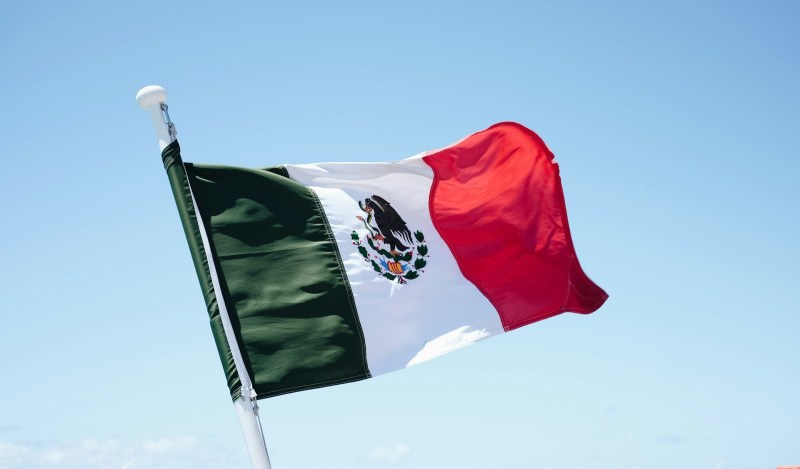
More than 150 Protestant Christians, including over 70 children, have returned to their homes in Hidalgo State, Mexico, after a five-month forced displacement due to religious persecution.
The group, members of the Great Commission Fundamental Baptist Church from Rancho Nuevo and Coamila villages in Huejutla de Reyes municipality, were driven out in April following a decade-long struggle for religious freedom.
The displacement occurred when village leaders, predominantly Roman Catholic, cut electricity to the minority families' homes, vandalized their church, and blocked access to some residences. During their exile, the group faced challenging conditions, living first in a municipal building and later in a sports complex, relying on local churches for food and river water for hygiene.
A breakthrough came with the intervention of newly elected municipal officials and state authorities. Hidalgo State Secretary Guillermo Olivares Reyna and Director of Religious Affairs Margarita Cabrera Román played crucial roles in brokering an agreement that allowed the families to return home.
The agreement stipulates that village authorities must uphold freedom of religion for all residents. Electricity and water services have been restored to the displaced families' homes. In return, the Protestant community has agreed to resume contributions to community funds, which they had been barred from since 2015.
As part of the resolution, the government has agreed to close a criminal investigation into those responsible for the forced displacement. The returning families will have time to assess any damage to their properties and may access state aid programs if needed.
Human rights organizations, including Christian Solidarity Worldwide (CSW) and Impulso18, have welcomed the resolution. Pablo Vargas, National Director of Impulso18, praised the efforts of state and municipal governments in reaching a solution that upholds religious freedom.
This incident underscores the ongoing challenges to religious freedom in parts of Mexico, particularly in indigenous communities where local customs sometimes conflict with constitutional guarantees. The situation is further complicated by drug cartel violence, which has exacerbated the persecution of Christians in some regions.
As the families resettle, observers hope this case will set a precedent for addressing religious freedom violations in Mexico, emphasizing the need for continued monitoring to ensure the agreement is upheld and similar conflicts are prevented in the future.


















